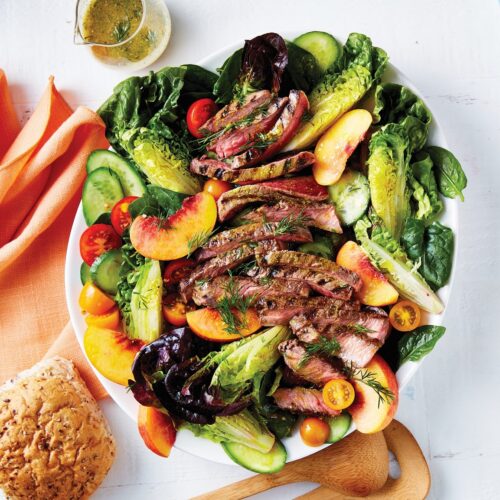
The reports of immunocompromised people being more at risk of severe and, even, life-threatening symptoms of coronavirus have some people wondering if their autoimmune disease puts them in that category. Healthy Food Guide editor Jenny de Montalk finds out if people living with coeliac disease are more at risk.
Q I have a coeliac condition. Does this condition, which is an immune system condition, make me and other coeliacs more vulnerable to the Covid-19 virus? I know that diabetics are more vulnerable, but I have not read anything about coeliacs.
A This is a great question. Coeliac disease is an autoimmune disorder that presents as a lifelong intestinal reaction to dietary gluten. When a person with coeliac disease ingests gluten from food containing wheat, barley, rye or oats, their immune system reacts, making cells lining the intestine become damaged and inflamed.
But, while coeliac disease involves the immune system, coeliac disease patients are not generally considered immunocompromised. According to the US Celiac Disease Foundation Medical Advisory Board, the exceptions may be if you are severely malnourished or at a low weight, you have a rare complication called type 2 refractory coeliac disease, you are on immunosuppressant medications, or you have another serious underlying illness.
People who are at risk of complications from coronavirus
This is how an Auckland District Health Board information sheet for patients describes immunocompromised people who are more a risk of major complications if infected with COVID-19:
“People who are older (particularly over 70) and those with underlying health conditions, such as chronic lung disease, cardiovascular disease, diabetes, chronic kidney disease and cancer.”
At this stage there have been no studies or reports suggesting people with coeliac disease are more at risk of severe COVID-19 symptoms compared with other healthy people, the Celiac Disease Foundation says.
Caution good for coeliacs when it comes to COVID-19
However, Coeliac New Zealand’s advice is there is no harm in being cautious.
“Because everyone will have their own different risk assessment based on their own [gluten] tolerance, on who they live with and their health status, our advice is to limit your contact with others, practise social [physical] distancing and, if necessary, self-isolation.”
Health writer and dietitian Katrina Pace says the advice given for people with diabetes, which is a known risk factor, could be useful for people with coeliac disease to follow.
“Using diabetes as an example, it seems only those who are not well controlled have a higher risk. So, you could suggest the same goes for coeliac, maybe,” Pace says.
Get your jabs if you have coeliac disease
The Celiac Disease Foundation does, however, suggest getting flu and pneumococcal vaccinations, because there is evidence people with coeliac disease are more at risk of the bacterial infection that causes pneumonia.
The bottom line for coeliac disease and coronavirus
There is no evidence, so far, that people with coeliac disease are among the more vulnerable immunocompromised people who are at increased risk of major complications from COVID-19. But there’s no harm in taking care not to get infected through regular hand washing and staying inside your bubble. It’s also a good idea to get your flu jab and make sure you’re immunised against pneumococcal disease.
Article sources and references
- Celiac Disease and COVID-19. Celiac Disease Foundationhttps://celiac.org/celiac-disease-and-covid-19/
- Covid-19 coronavirus update. Coeliac New Zealandhttps://coeliac.org.nz/covid-19-coronavirus-update/
- COVID-19 advice sheet for immunocompromised patients (24 March 2020). Auckland District Health Boardhttps://www.arphs.health.nz/assets/Uploads/Resources/Disease-and-illness/Coronavirus/Advice-for-Immunocompromised-Patients-ADHB.pdf
www.healthyfood.com










